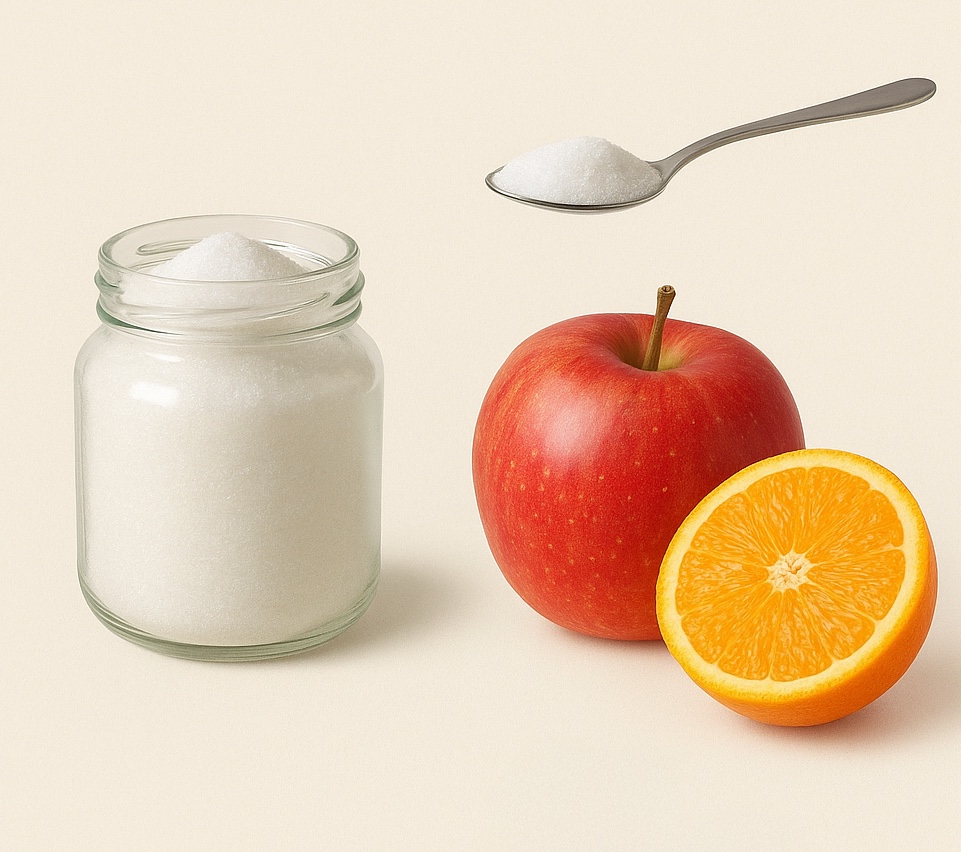November 19, 2025

I never had a sweet tooth, though I’ve always loved fruit of every kind. I grew up in Armenia, a place where apricots, peaches, watermelons and grapes grow sweeter than anywhere else in the word. My early years coincided with the final days of the Soviet Union, a period marked by many difficulties and crises. Armenia has always been abundant and blessed by Nature. Moreover, even during those difficult times, sweets were never scarce at home, since my grandmother worked in a candy factory, and we had all the classic chocolates and confections of the era. Yet, I never craved them. I preferred to give them away to my friends or save them for when I truly wanted a treat. Of course, sometimes I’d find they were gone from under my pillow, my sister would sneak them away. She knew, they would still be there. Fruits, homemade cakes and later, in the ’90s, occasionally a KitKat, were the only treats I truly enjoyed. They felt special. Even today, nothing has changed.
During a recent course at Harvard School of Medicine, I learned something that stopped me in my tracks. The number of people living with diabetes has doubled in recent years. Doubled. I had to ask myself... If sugar isn’t naturally addictive to me, why are so many people affected?
I asked my friends how often they eat foods with refined sugar. Every day, most of them said. I notice children, too, eat donuts, cakes and sweets several times a week, if not every day. Sugar is everywhere. Constantly.
It reminded me of a fact I had learned earlier. The chemical formula for sugar (sucrose) is C₁₂H₂₂O₁₁. Cocaine? C₁₇H₂₁NO₄. Just a few atoms difference. Yet both trigger the brain’s reward system. Both make us chase pleasure. Both make us want more. Sugar doesn’t feel dangerous. But it can be.
Sugar gives a quick spike. Blood sugar rises fast. Energy jumps. Then it crashes. Sudden fatigue. Hunger returns, often stronger than before. Cravings hit. You reach for more sugar. But sugar doesn’t fill you. It tricks your body. Your brain signals reward, but your stomach signals emptiness. That’s why sugary foods make people hungrier, not fuller. The cycle repeats. Spike. Crash. Craving. Repeat.
Steady blood sugar feels different. There are no sudden crashes or frantic cravings. Energy stays even. Focus lasts longer. Mood feels calmer. Decisions feel clearer. When sugar stops sending your body on a roller coaster, life feels smoother. Simple things become easier.
As a health coach, I would recommend swapping refined sugar for natural sweetness. Fruit, honey, raisins or other dried fruits give sweetness, but also fibre, nutrients and slow-releasing energy. They satisfy cravings without the sharp spike and crash. A handful of grapes, a spoon of honey in tea or a few raisins in your morning oatmeal, these are simple swaps that keep blood sugar steadier and your energy calmer.
Zepyur Batikyan
Health & Wellness Coach
Tailored strategies designed around each individual’s unique needs for a truly personalised wellness journey.
Interactive sessions on nutrition, stress management, and work-life balance to empower participants with practical knowledge and skills.
Ongoing guidance to help people sustain healthy habits and thrive over the long term.